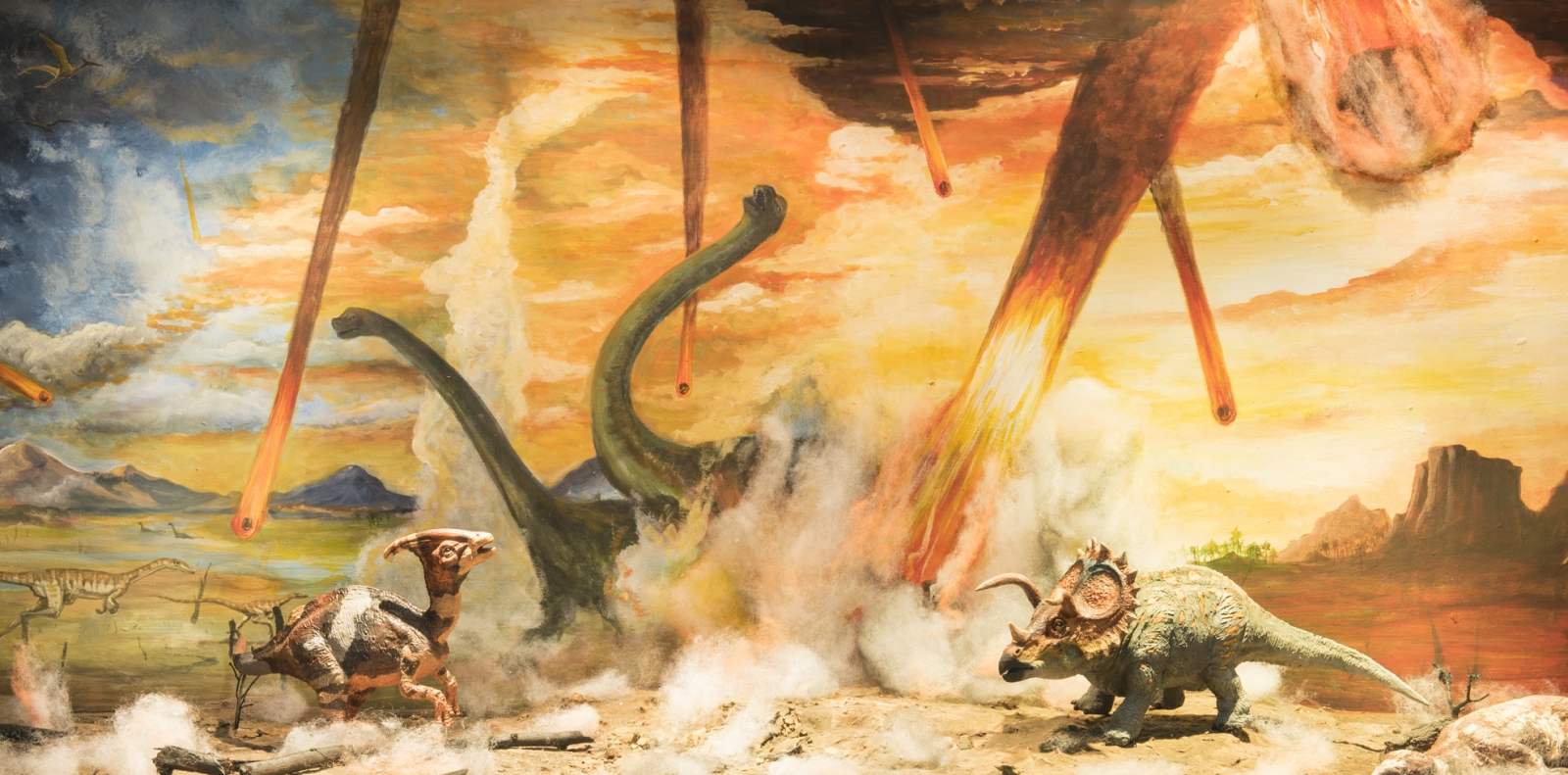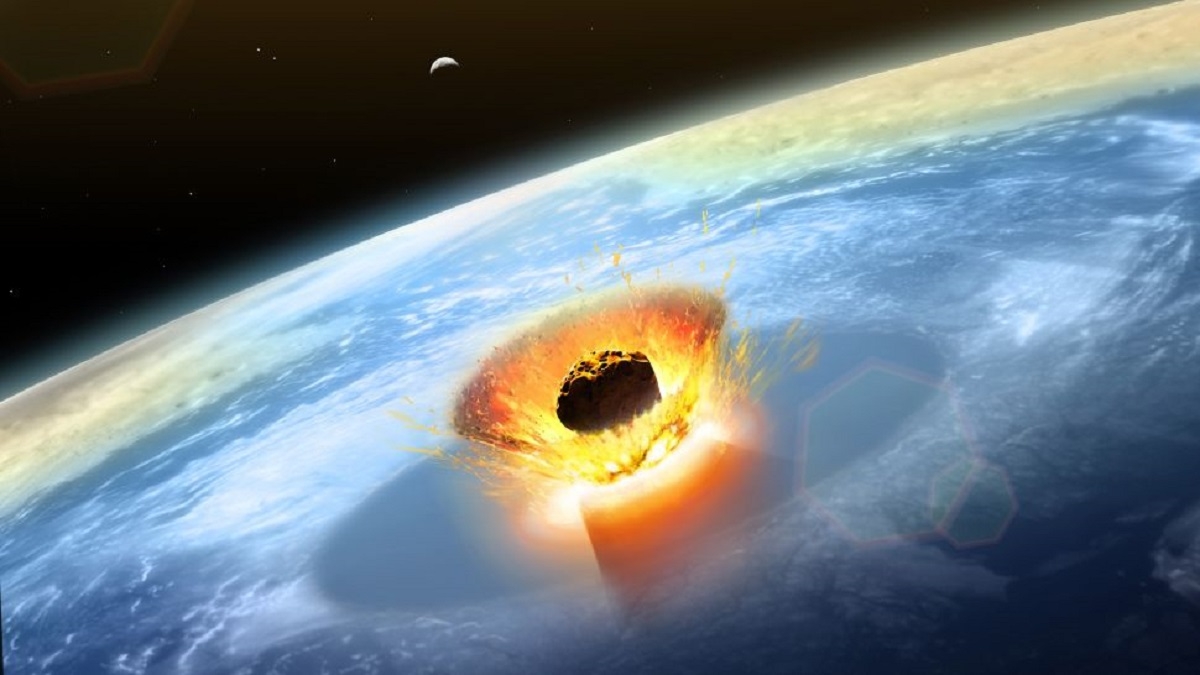Many scientists believe that an asteroid impact caused the extinction of the dinosaurs around 65 million years ago

Did an Asteroid Impact Wipe Out the Dinosaurs?

The extinction of the dinosaurs, one of the most intriguing mysteries of our planet’s history, has captivated scientists for decades. Among the various theories proposed, one stands out - the idea that an asteroid impact caused the demise of these magnificent creatures around 65 million years ago. This theory, known as the asteroid impact hypothesis, has gained substantial support from many scientists.

According to scientific evidence, a massive asteroid, approximately 10 kilometers in diameter, struck the Earth near what is now the Yucatan Peninsula in Mexico. This catastrophic event, known as the Chicxulub impact, released an immense amount of energy, equivalent to billions of atomic bombs. The impact resulted in widespread devastation, triggering a series of catastrophic events that led to the extinction of nearly 75% of all species on Earth, including the dinosaurs.
The Chicxulub impact had global consequences. The colossal release of energy caused intense fires and massive earthquake-like disturbances, leading to tsunamis that ravaged coastlines across the world. Dust and debris shot into the atmosphere, blocking sunlight for months, resulting in a global climate change. The darkness and the extreme drop in temperatures severely disrupted the delicate balance of ecosystems, leading to the extinction of countless species.
Although the asteroid impact hypothesis holds significant weight, it has faced skepticism and alternative theories. Some scientists have argued that volcanic eruptions at the Deccan Traps in India were the primary cause of the dinosaur extinction. The extensive lava flows and the release of volcanic gases could have triggered global climate changes and environmental disturbances, resulting in the collapse of ecosystems. However, recent studies have strengthened the asteroid impact hypothesis, highlighting the temporal correspondence between the Chicxulub impact and the extinction event.
Uncovering the truth behind the disappearance of the dinosaurs continues to be a fascinating pursuit for paleontologists and geologists alike. Thanks to ongoing scientific research, the asteroid impact hypothesis has gained impressive support, even though some lingering questions remain. Although alternative theories exist, the majority of scientists are convinced that the Chicxulub impact was a pivotal event that brought an end to the reign of the dinosaurs, paving the way for the rise of mammals and ultimately, the evolution of humanity.
For more information on the asteroid impact hypothesis, you can refer to this source.
Tags
Share
Related Posts
Quick Links
Legal Stuff

